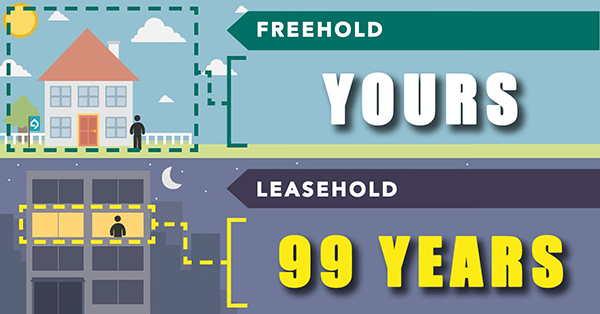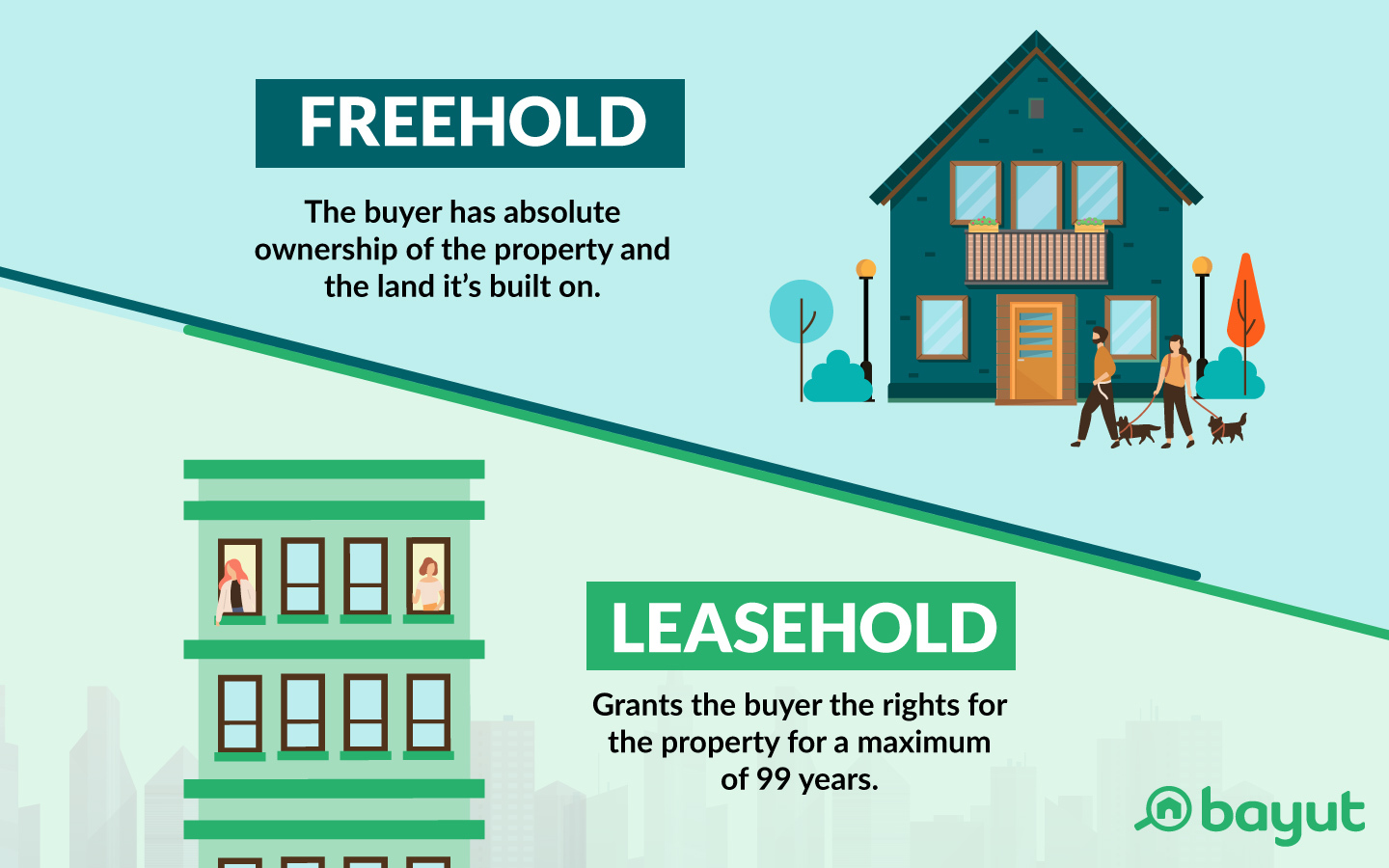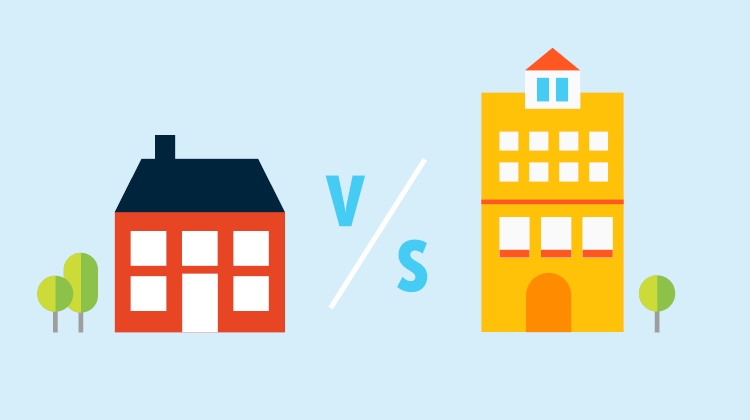
admin
2 years ago

Leasehold vs Freehold: When buying property in Thailand, one of the first decisions you'll need to make is whether to buy leasehold or freehold. Both types of ownership have their own advantages and disadvantages, so it's important to understand the difference before making a decision.
Freehold ownership is the most common type of property ownership in Thailand and gives you the right to own the land and the property on it indefinitely. This means that you have complete ownership and control over the property, and you can do whatever you want with it, such as rent it out, sell it, or modify it.
Freehold ownership is also known as "chanot" in Thai, and it is the most desirable type of property ownership for foreigners. This is because it gives you the most flexibility and control over your property.

However, freehold properties are typically more expensive than leasehold properties. You are also responsible for all maintenance and repairs to your property, as well as paying all property taxes.
:
Overall, freehold ownership is the most desirable type of property ownership in Thailand. It offers the most flexibility and control to the owner, and it is perpetual. However, it is important to be aware of the higher cost and the responsibility of maintenance and repairs before buying a freehold property in Thailand.
Leasehold ownership gives you the right to use the land and the property on it for a specific period of time, typically 30 or 50 years. This means that you own the property for the duration of the lease, but you do not own the land. Once the lease expires, the ownership of the property reverts back to the landowner.
Leasehold ownership is also known as "murapat" in Thai, and it is a common type of property ownership for condominiums and apartments. This is because it allows developers to sell more units on a smaller piece of land.

Leasehold properties are typically less expensive than freehold properties, and the landlord is responsible for all major maintenance and repairs to the property. You are only responsible for paying property taxes on the land, not the building.
However, you have less flexibility and control over your property with leasehold ownership. You cannot modify the property without the landlord's permission, and you have to renew your lease at the end of the term, which can be expensive. If you do not renew your lease, the ownership of the property reverts back to the landlord.
The best type of ownership for you will depend on your individual needs and circumstances. If you are looking for a property that you can keep for a long time and pass on to your heirs, then freehold ownership is the best option. However, if you are on a budget or you are not sure how long you want to stay in Thailand, then leasehold ownership may be a better choice.
Here are some additional things to consider when choosing between freehold and leasehold ownership in Thailand:
Both freehold and leasehold ownership have their own advantages and disadvantages. It's important to weigh the pros and cons of each type of ownership before making a decision. If you are not sure which type of ownership is right for you, it's a good idea to consult with a qualified real estate agent.